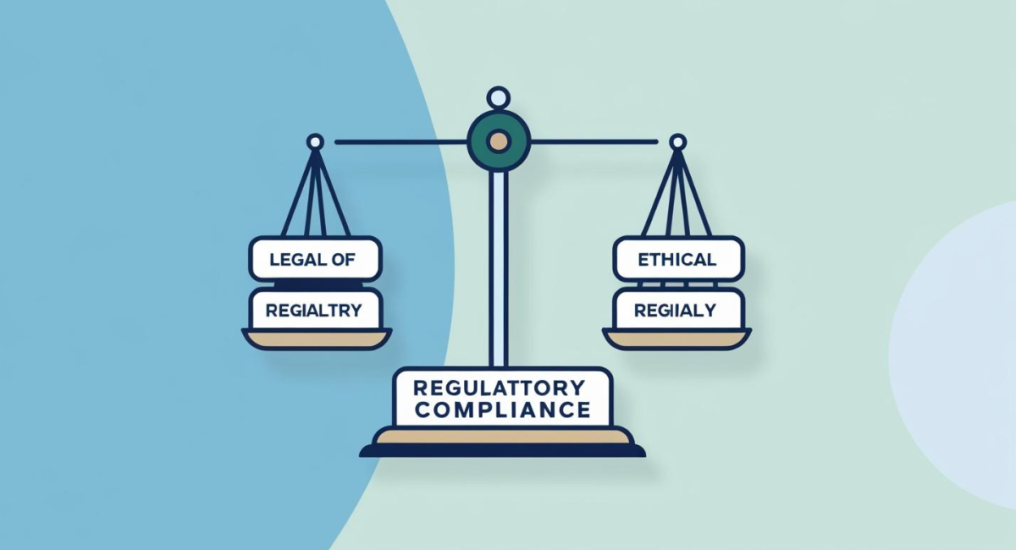By Elyce Schweitzer, Esq., Regulatory Compliance Officer, Alliant National; andValerie J. Grandin, Esq., Sr. Underwriting Counsel Florida and Vice President, Alliant National Here’s a riddle for the title insurance and real estate industries: what does Dolly Parton’s song, “Here You Come Again” have to do with FinCEN, its Geographic Targeting Orders (GTOs), and its Final Real Estate Report Rule (Final …
Deepfake Dangers Part 2: How AI Is Fighting the Fraudsters
Deepfakes are a serious threat to our industry; but AI can help us fight back. In my last blog article, I discussed how deepfake fraud is a growing threat in the real estate industry and what you can do to combat it in your workplace. This time, I thought it would be helpful to take a deeper dive into some of …
Deepfake Dangers: How AI Trickery Is Targeting Real Estate Transactions
From Sci-Fi to Real Life: The Evolution of Deepfake Technology Once upon a time, the idea of digitally swapping faces or creating hyper-realistic videos of people saying things they never actually said was confined to Hollywood blockbusters. Think of movies where actors were digitally de-aged or deceased celebrities made surprising cameos. However, in 2017, a new term hit the internet: …
2025 Real Estate Market Forecast Shows Moderate Improvement Ahead
The U.S. economy is expected to fare well in 2025, according to economists from across the spectrum, with few headwinds anticipated. However, forecasters are predicting only small gains in the real estate market, as interest rates remain stubbornly in +6% territory and inventory continues to show only modest improvement. Investment firms Goldman Sachs and Charles Schwab are particularly optimistic about …
FinCEN’s Final Anti-Money Laundering Rule For Real Estate Reporting
The buzz is in the air with more questions than answers. FinCEN published its Final Anti-Money Laundering Regulations for Residential Real Estate Transfers on August 28, 2024 (“Final Rule”), throwing the entire real estate industry into a state of high anxiety. What does it all mean? How do we meet its requirements? Will the expense of compliance be a financial …
A New Chapter: Alliant National Joins Forces with Dream Finders Homes to Empower Independent Agents
Alliant National is joining forces with Dream Finders Homes, one of the fastest-growing homebuilders in the country. This is an exciting announcement, and it was only possible because of the support of our agents. I’d like to take this moment to share what this means for our agents, and why we can all look forward to this new chapter together. First and foremost, …
SecureMyTransaction is now an ALTA Elite Provider and includes new features to promote business growth
It’s hard to believe that it has already been one year since Alliant National and our technology partners launched SecureMyTransaction in response to the urgent need for robust, scalable fraud prevention and identity verification tools. Over the last year, many of you have provided feedback on our service, and I am humbled by the stories I’ve heard about how SecureMyTransaction …
BEC Fraud Nears $3B Mark In 2023 In Latest IC3 Report
Calling cybersecurity “the ultimate team sport,” the FBI’s Internet Crime Complaint Center (IC3) emphasized its ongoing commitment to working with local law enforcement and private industry to combat evolving cyber threats in the U.S. in its recent 2023 Internet Crime Report. The report, released in March, highlighted investment fraud and business email compromise (BEC) fraud as the two most expensive fraud …
Inquire Before You Wire
Amy Gregory has a passion to protect, and when a customer at Paramount Title was defrauded of $130,000, Amy pulled out all the stops to track down the funds and then went above and beyond to ensure no customer of hers would ever fall victim to wire fraud again. Our story begins with an innocuous email delivered to our homebyer …











